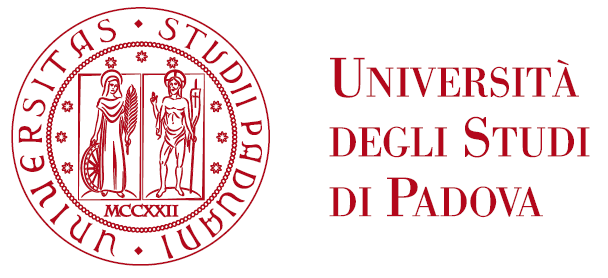


The hypercube is the standard domain for computation in higher dimensions. We describe two respects in which the anisotropy of this domain has practical consequences. The first is a matter well known to experts (and to Chebfun users): the importance of axis-alignment in low-rank compression of multivariate functions. Rotating a function by a few degrees in two or more dimensions may change its numerical rank completely. The second is new. The standard notion of degree of a multivariate polynomial, total degree, is isotropic - invariant under rotation. The hypercube, however, is highly anisotropic. We present a theorem showing that as a consequence, the convergence rate of multivariate polynomial approximations in a hypercube is determined not by the total degree but by the Euclidean degree, defined in terms of not the 1-norm but the 2-norm of the exponent vector k of a monomial x1k1. . . xsks. The consequences, which relate to established ideas of cubature and approximation going back to James Clark Maxwell, are exponentially pronounced as the dimension of the hypercube increases. The talk will include numerical demonstrations and a discussion of the connections with "Padua points".
Nick Trefethen was born on August 30, 1955, grew up in Lexington, Massachusetts, and attended Shady Hill School and Phillips Exeter Academy. He is Professor of Numerical Analysis and Head of the Numerical Analysis Group in the Oxford University Mathematical Institute. He was educated at Harvard University (AB 1977, summa cum laude) and Stanford University (MS 1980 and PhD 1982) and has held professorial positions at New York University (Courant Institute), MIT, Cornell University, and Oxford University. He is a Fellow of the Royal Society (London) and a member of the National Academy of Engineering (USA), and has served as President of SIAM (Society for Industrial and Applied Mathematics) during 2011-2012.
As an author he is known for his books Numerical Linear Algebra (SIAM, 1997, with David Bau, III), Spectral Methods in MATLAB (SIAM, 2000), Schwarz-Christoffel Mapping (Cambridge U. Press, 2002, with Tobin Driscoll) and Spectra and Pseudospectra: The Behavior of Nonnormal Matrices and Operators (Princeton, 2005, with Mark Embree); he also won the Catherine Richards Prize for the best article in Mathematics Today in 2000. He has served as editor for many of the leading research journals in numerical analysis, and spent four years as Section Editor in charge of the major review articles in SIAM Review.
As a teacher he has won awards for graduate-level instruction at MIT, Cornell, and Oxford. An outgrowth of one of his graduate courses at Oxford was the 2002 "SIAM 100-Dollar, 100-Digit Challenge", which became the subject of a 2004 SIAM book by Bornemann, Laurie, Wagon and Waldvogel and its 2006 Springer successor in German.
Trefethen is a Highly Cited Researcher according to www.isihighlycited.com. His approximately 100 publications in research journals span a number of areas within numerical analysis and applied mathematics, including non-normal eigenvalue problems and applications, spectral methods for differential equations, numerical linear algebra, fluid mechanics, computational complex analysis, and approximation theory. He is well known as the inventor of pseudospectra for the study of non-normal matrices and operators, and as the inventor of Chebfun.
Trefethen was the first winner of the Fox Prize in Numerical Analysis and was a Presidential Young Investigator. During 1998/99 he was
the honorary Rouse Ball Lecturer in Applied Mathematics at the University of Cambridge. In 2013 Trefethen was awarded the Naylor Prize and lecturship in Applied mathematics from the london mathematical Society. He received fellowships from the NSF (both graduate and post-doctoral), Hertz Foundation, and IBM. He is a frequent invited speaker at international conferences, including the quadrennial International Congress of Mathematicians (Berlin, 1998) and the International Congress on Applied Mathematics (Hamburg, 1995).